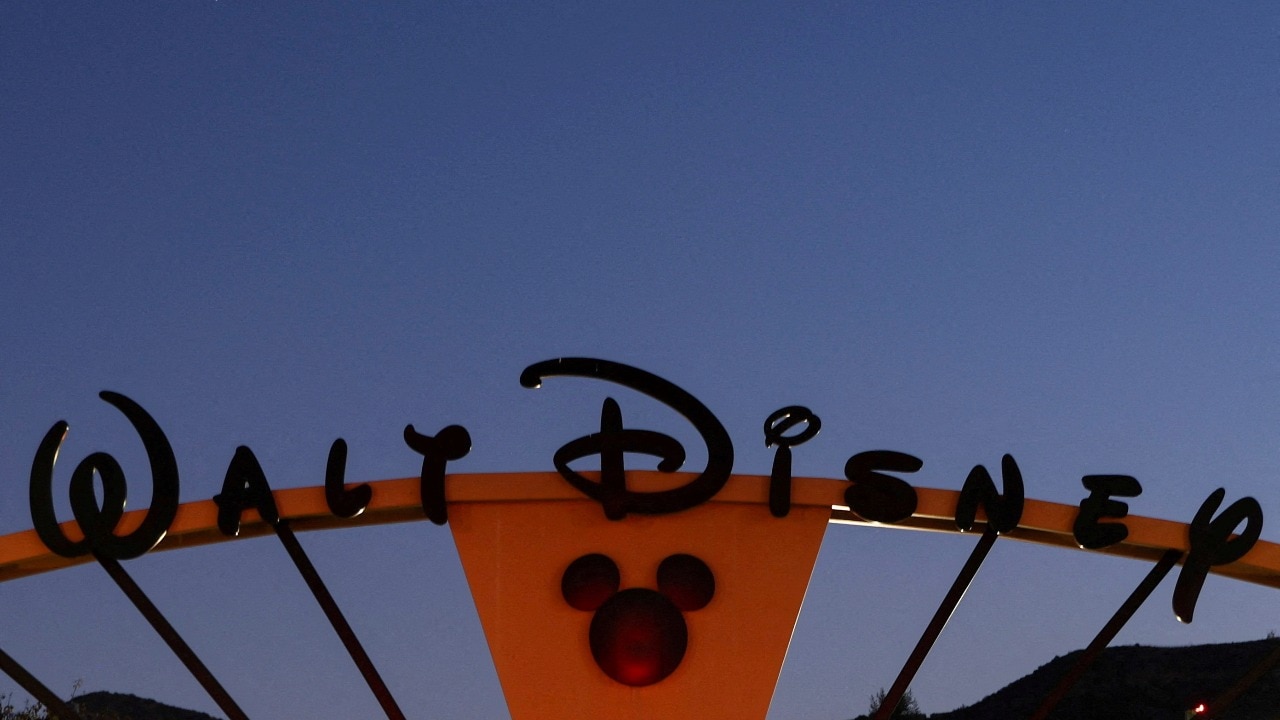Disney and Universal have jointly filed a lawsuit against artificial intelligence company Midjourney, accusing it of rampant copyright infringement through its image-generating technology. The studios allege that Midjourney’s AI has reproduced “innumerable” characters from iconic franchises such as Star Wars, The Simpsons, Frozen, Despicable Me, and Toy Story, all without permission.
The lawsuit, lodged in the US District Court for the Central District of California, brands Midjourney as a “quintessential copyright free-rider and a bottomless pit of plagiarism.” It includes several examples of AI-generated imagery depicting well-known characters, including Darth Vader, Yoda, Spiderman, the Incredible Hulk, and Elsa, arguing that the tool enables unauthorised reproduction of intellectual property at scale.
Disney and Universal are seeking a jury trial, monetary damages, and an injunction to prevent further copyright violations. They contend that Midjourney ignored repeated legal warnings and continued to roll out updated versions of its image generator despite formal requests to halt infringing activity.
The studios also highlight the broader concerns of the entertainment industry over AI’s rapid evolution. While companies like Disney have expressed optimism about AI’s potential to augment human creativity, they remain wary of its misuse. “Piracy is piracy, and the fact that it’s done by an AI company does not make it any less infringing,” said Horacio Gutierrez, Disney’s chief legal officer.
Midjourney, which has yet to comment on the lawsuit publicly, has previously acknowledged building its database by scraping large volumes of content from the internet. In a 2022 interview with Forbes, CEO David Holz admitted the company created its image library through “a big scrape of the internet,” raising concerns about the lack of consent from original creators.
According to the complaint, Midjourney generated $300 million in revenue last year and is now developing a forthcoming video generation service, which amplifies concerns over the potential scale of future copyright infringement.
This is not the first time Midjourney has faced legal scrutiny. A previous lawsuit, brought by a group of artists in California, was allowed to proceed after a judge ruled the plaintiffs had plausibly argued that AI firms had saved their work on company servers without permission. The outcome of that case remains pending but underscores the growing legal and ethical challenges surrounding generative AI tools.
As Hollywood grapples with balancing innovation and intellectual property rights, this latest legal battle could set a precedent for how AI companies operate in creative industries moving forward.
